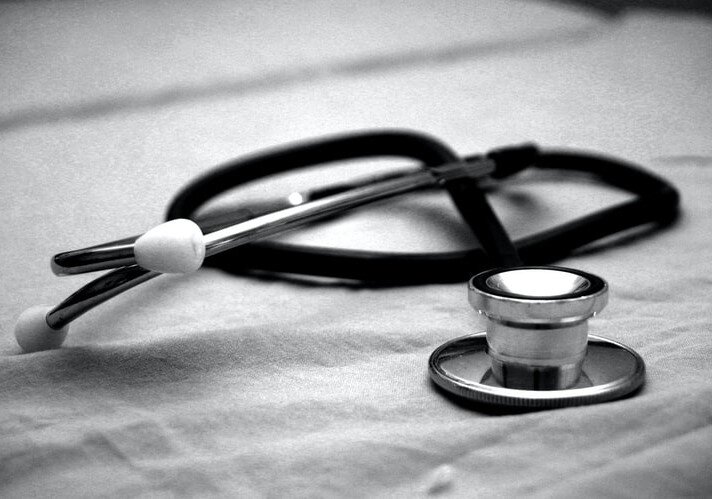
The title of this article is a phrase found in the Hippocratic oath, historically taken by doctors before embarking on their medical careers. (Hippocrates himself was a famous Greek doctor who lived from 460 to 370 BC.) Whatever you think of doctors today, a doctor in its purest form is a healer. Doctors are supposed to make situations better, not worse, and the Hippocratic Oath is a reflection of that intention. Doctors pledge to do their best to identify the right diagnoses, prognoses, and prescriptions, to maintain confidentiality, and to seek the welfare of their patients, under all circumstances.
The Hippocratic Oath may sound like common sense, but it isn’t. Doctors are prone to the same ethical dilemmas as everybody else. As a result of negligence, disinterest, or yet worse, malice, doctors can intentionally or unintentionally do harm to their parents. Argentinian football legend Diego Maradona, for example, died at the hands of a team of doctors who were charged with homicide and accused of acting in an “inappropriate, deficient and reckless manner” (medical malpractice).
How often do we as people make bad situations worse? We use our fatigue, setbacks, and frustrations as an excuse to be angry, mistreat people, lust, overeat, and make unhealthy lifestyle choices that dig us in an even deeper hole.
Today, let’s take the Hippocratic Oath when dealing with challenging life circumstances. Let’s ask ourselves, is my response to whatever I’m going through resourceful and constructive? Is it promoting healing of the situation or condition?
Or, is my response “inappropriate, deficient, and reckless”? Am I a doctor capable of healing myself and others or one who only makes bad situations worse?
For more, see the complete archive of articles on integrity.

